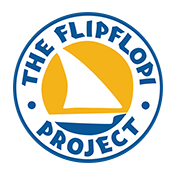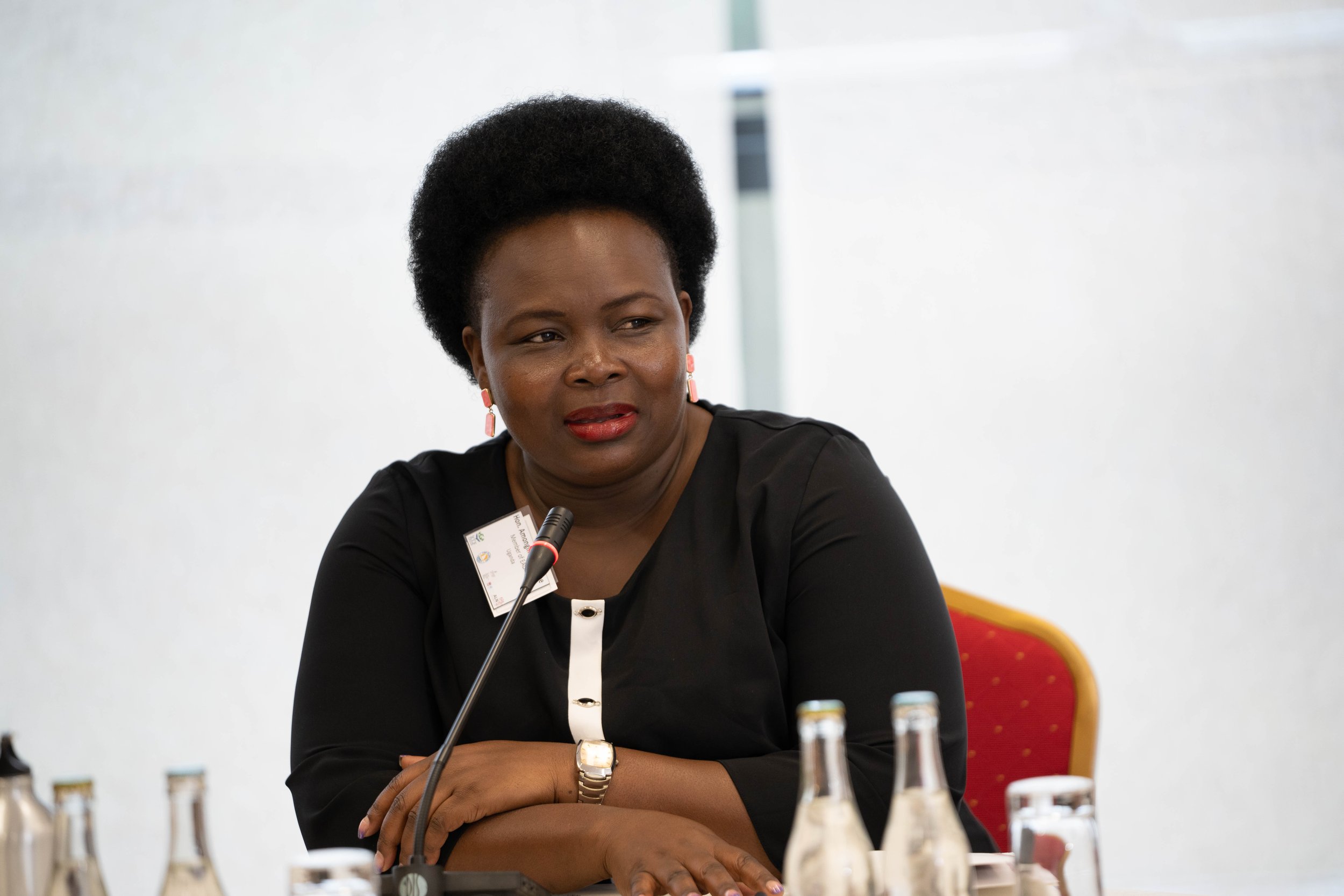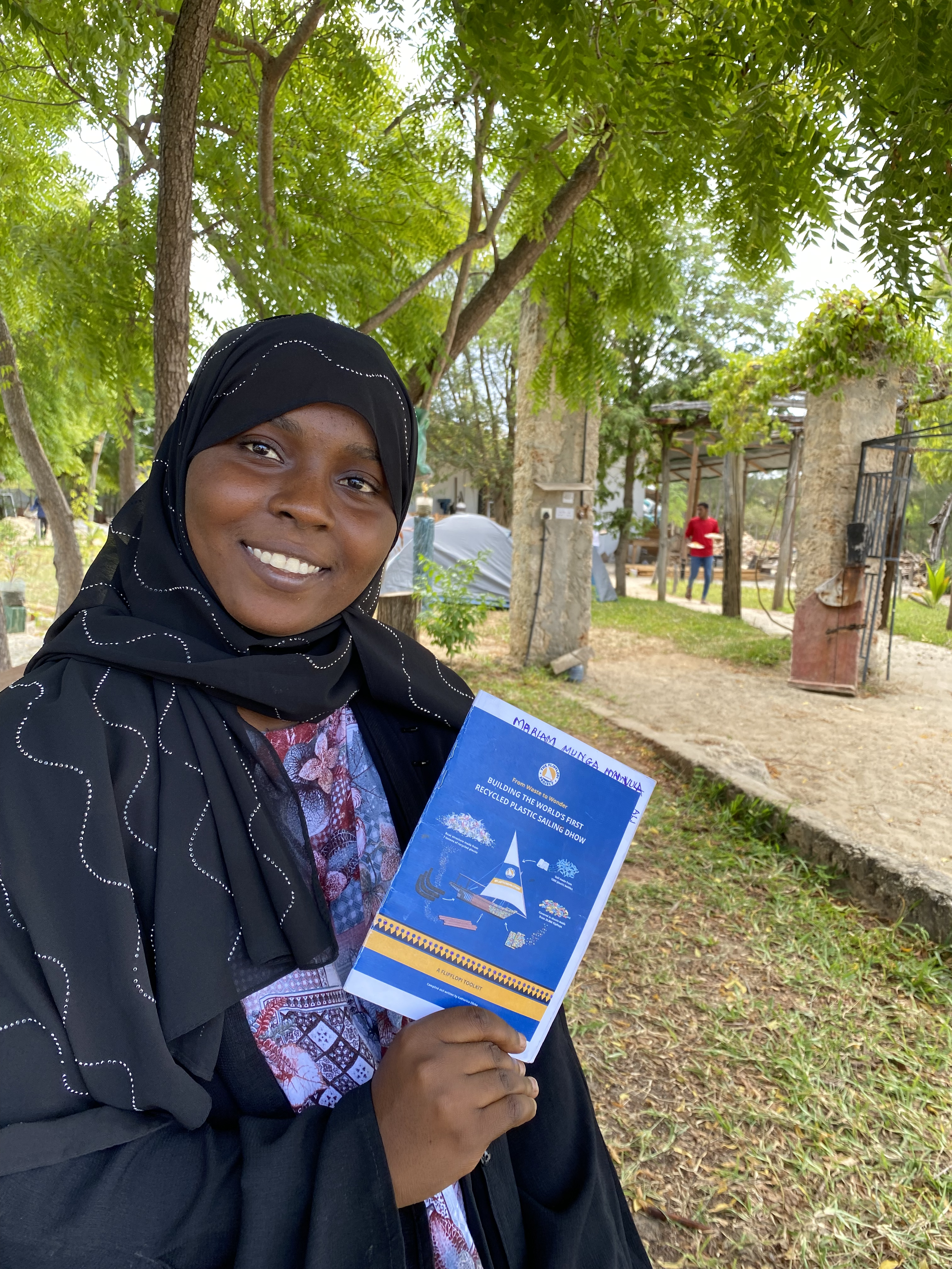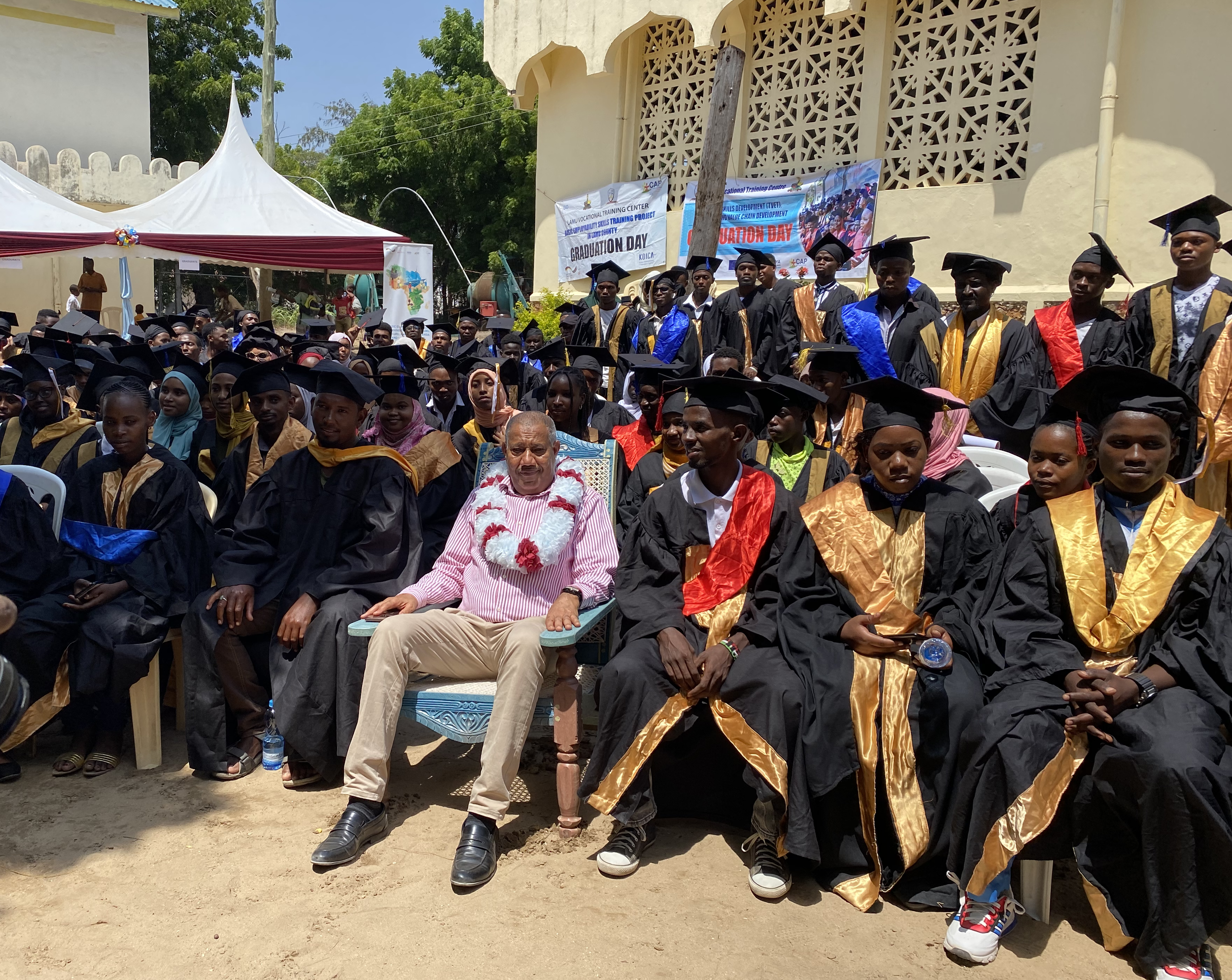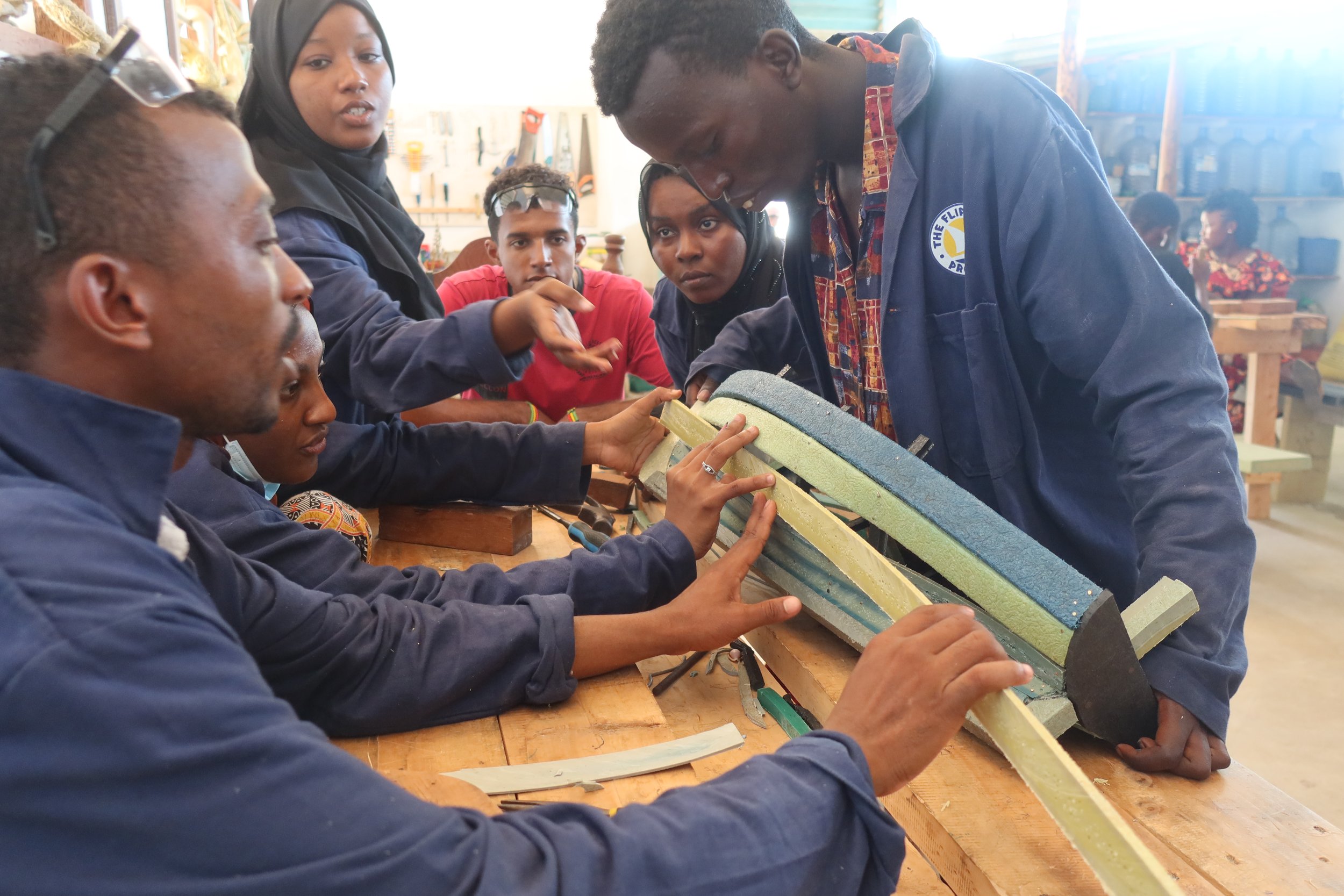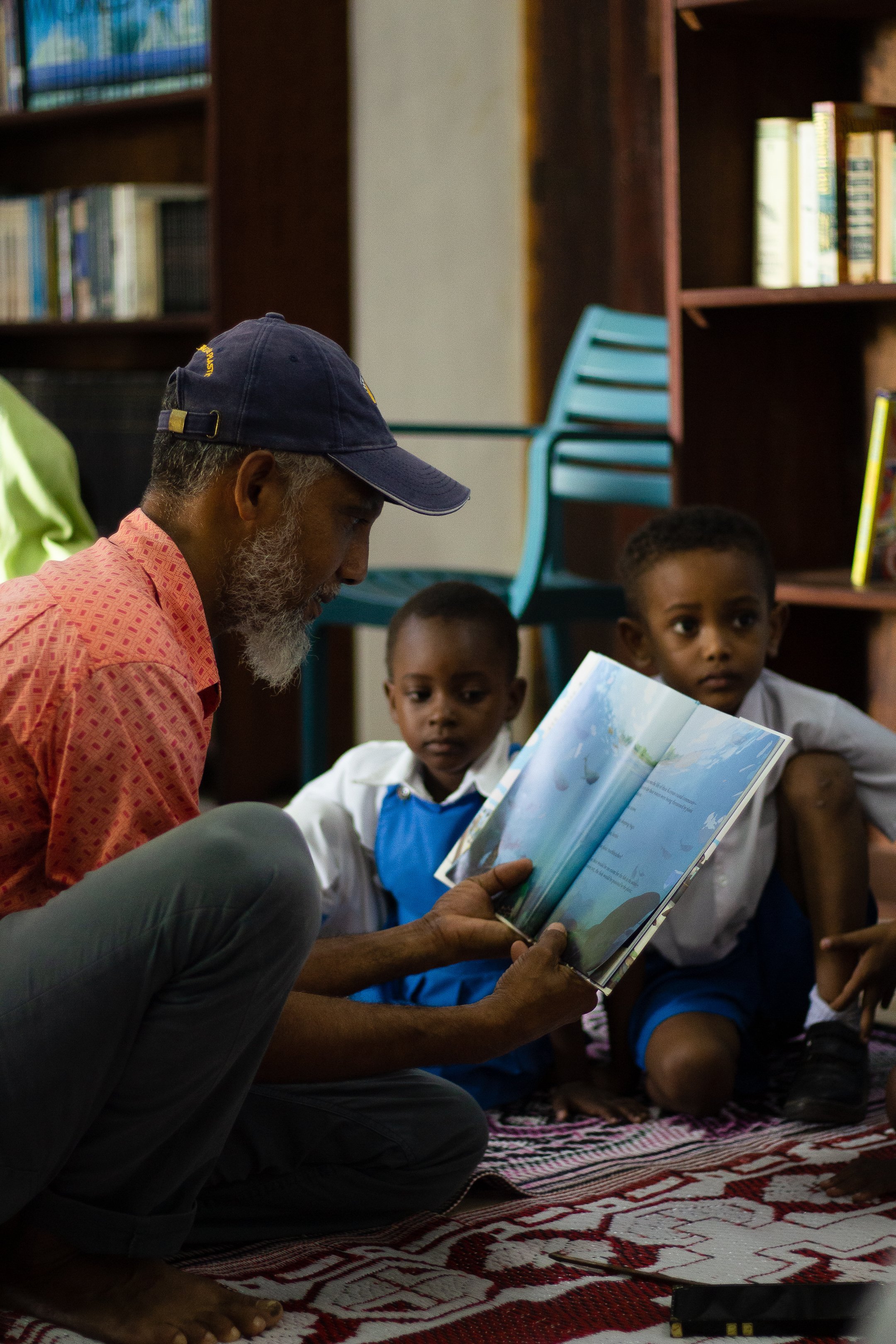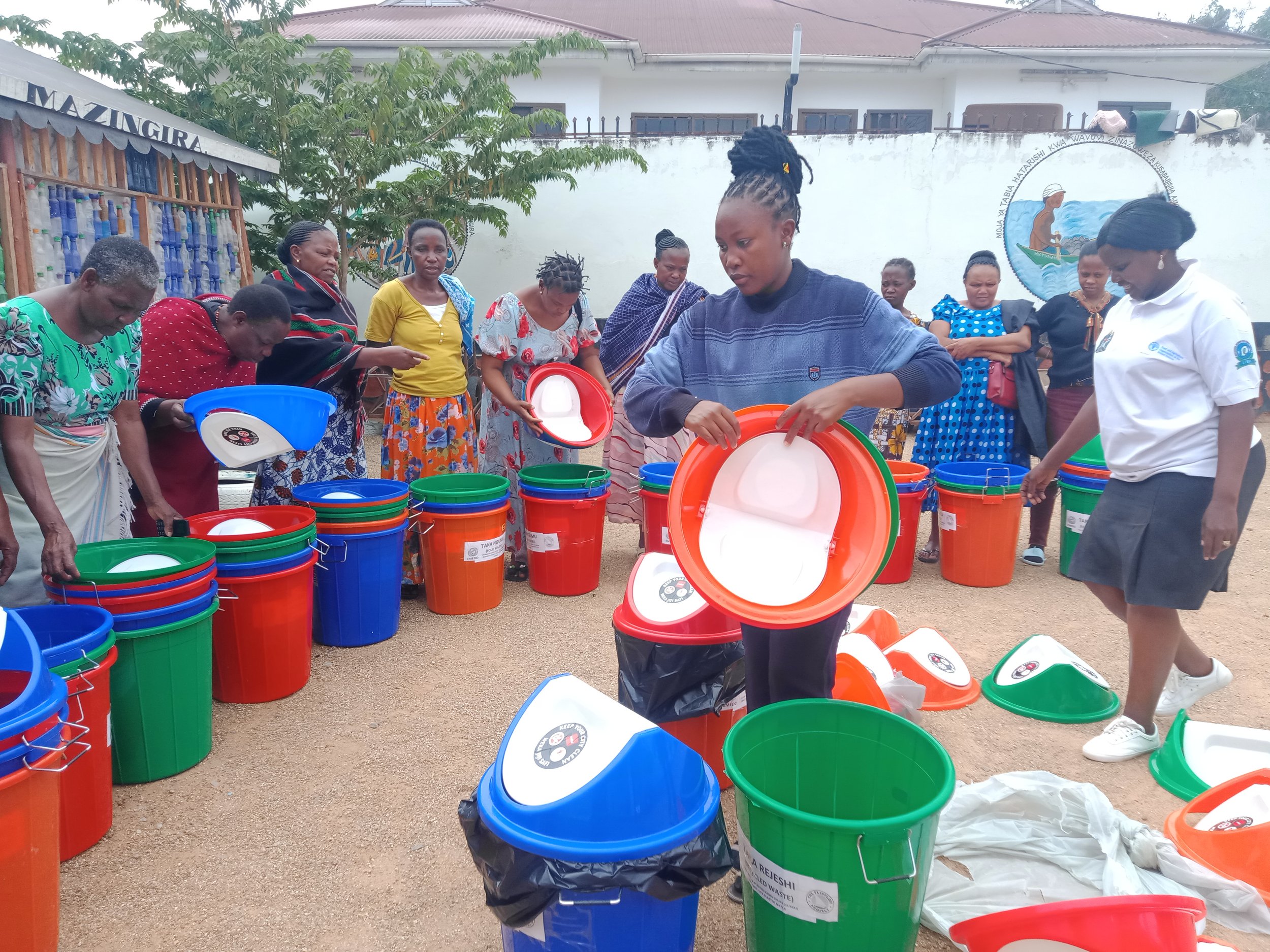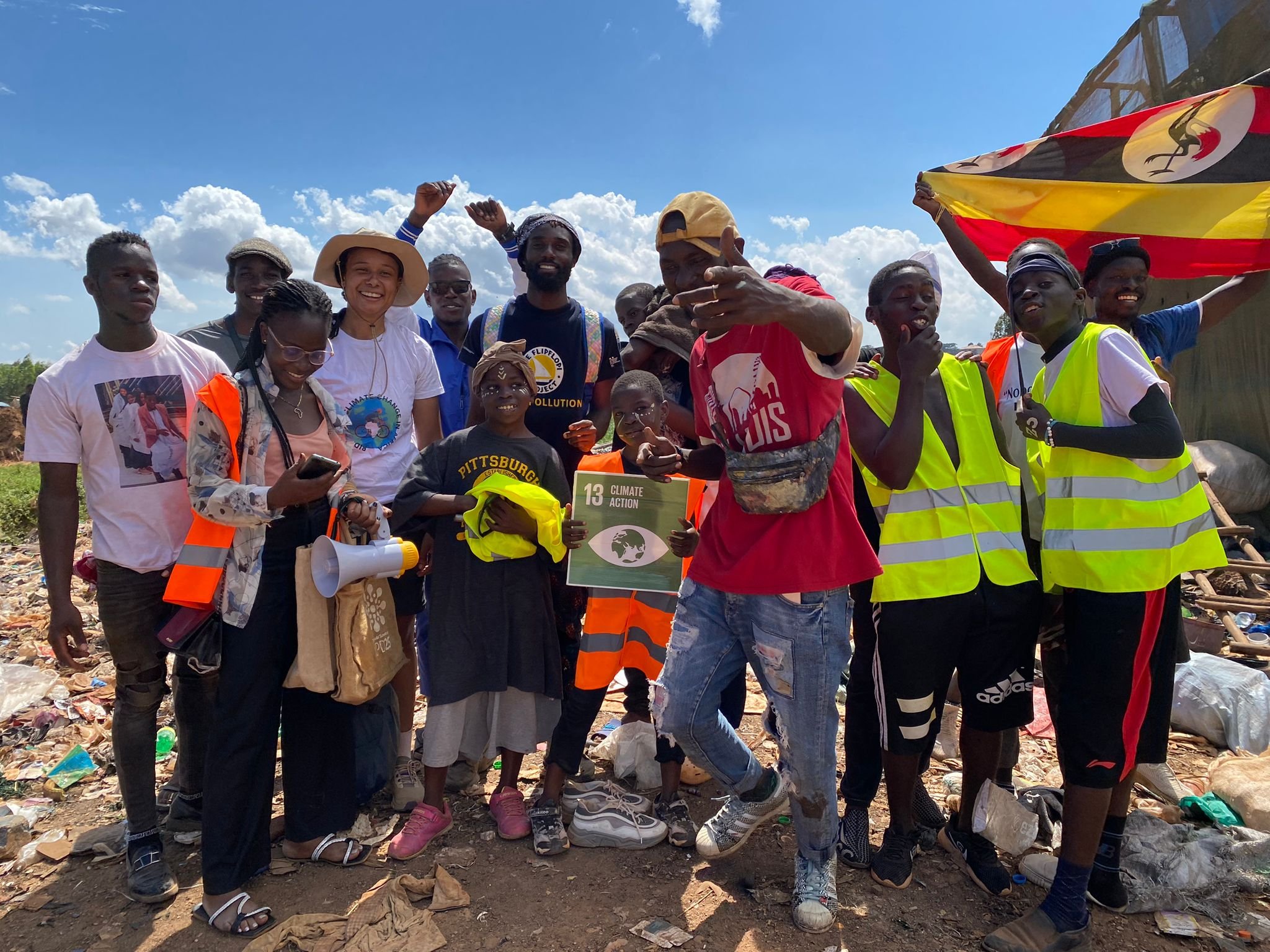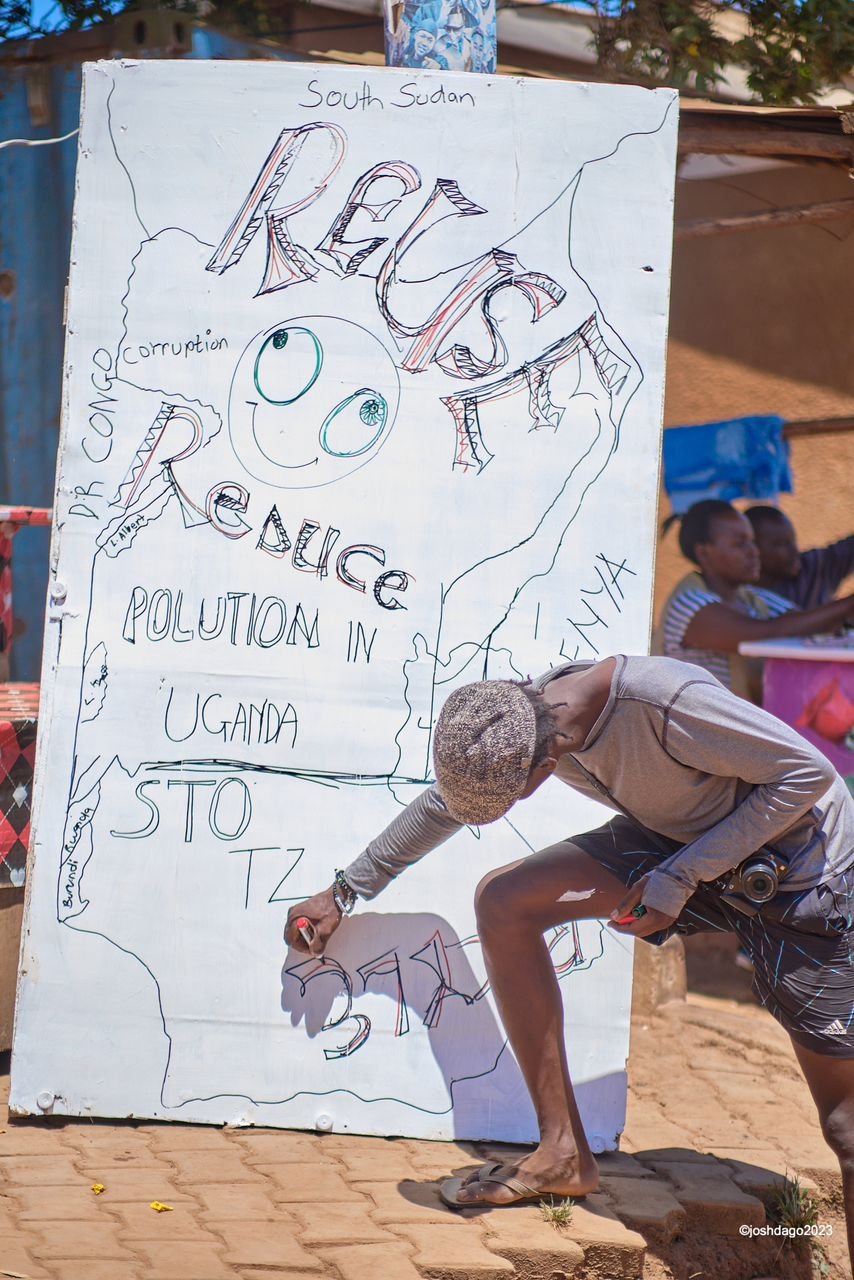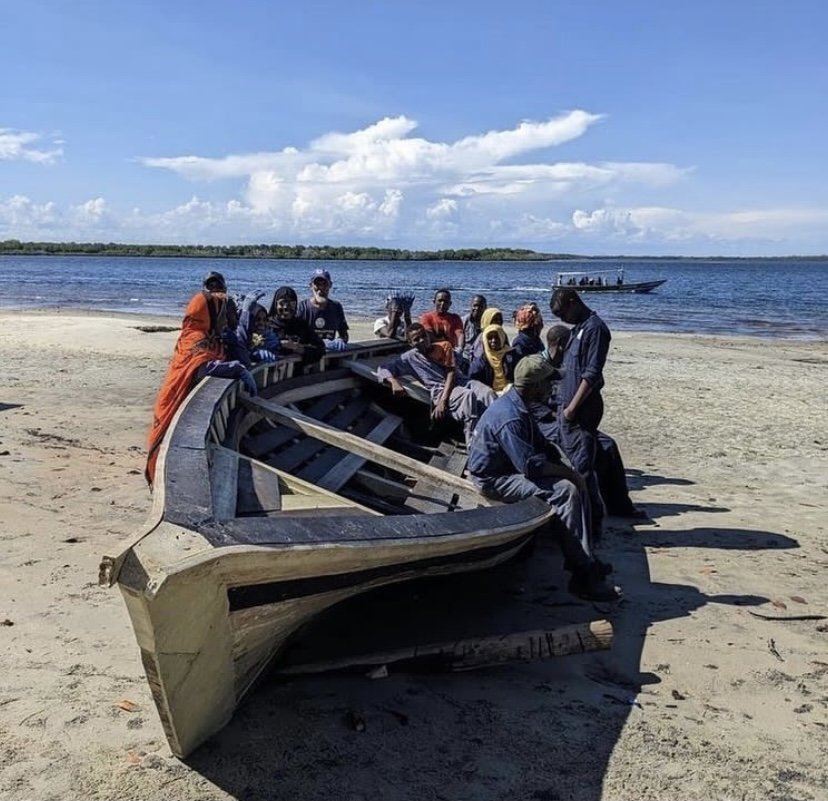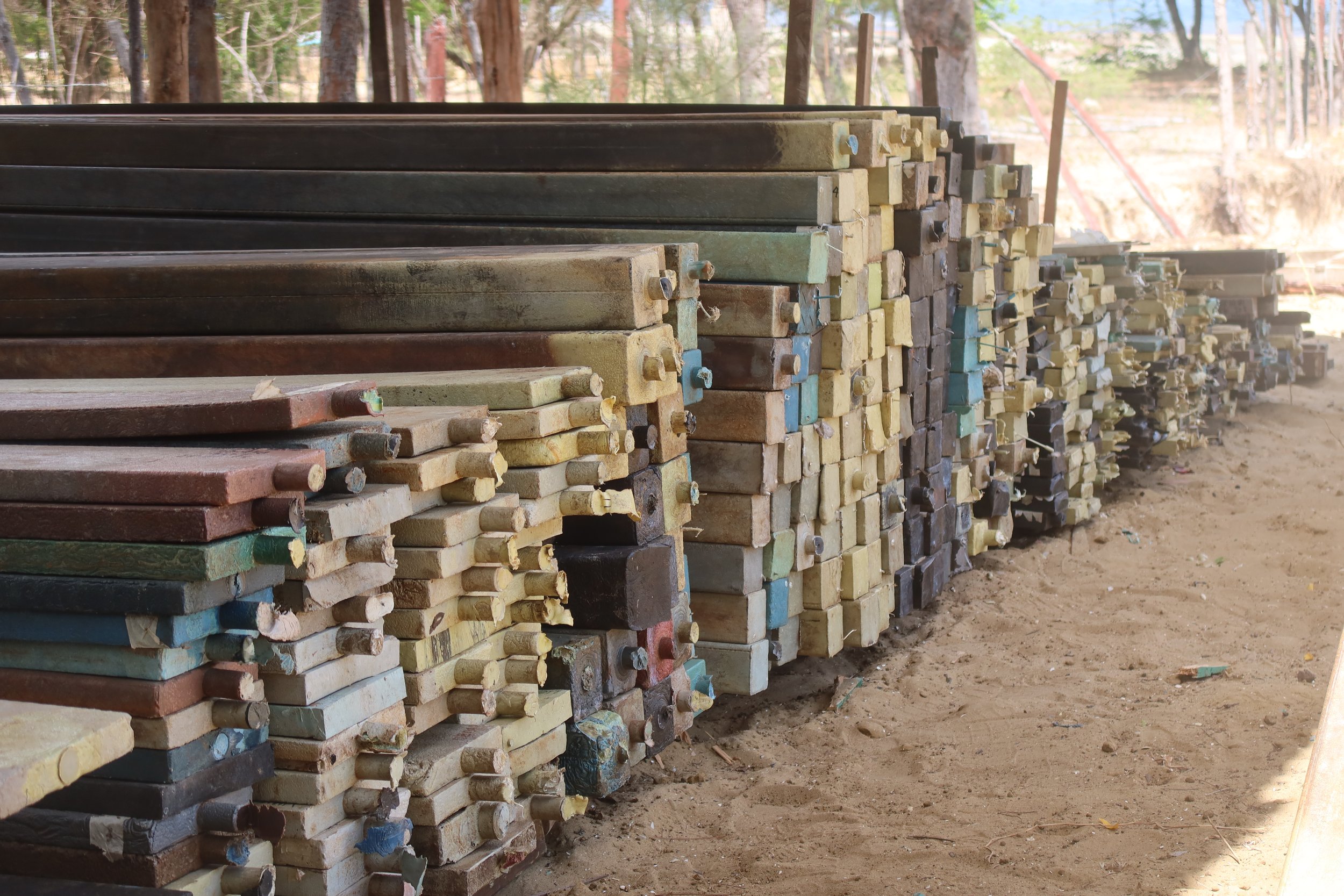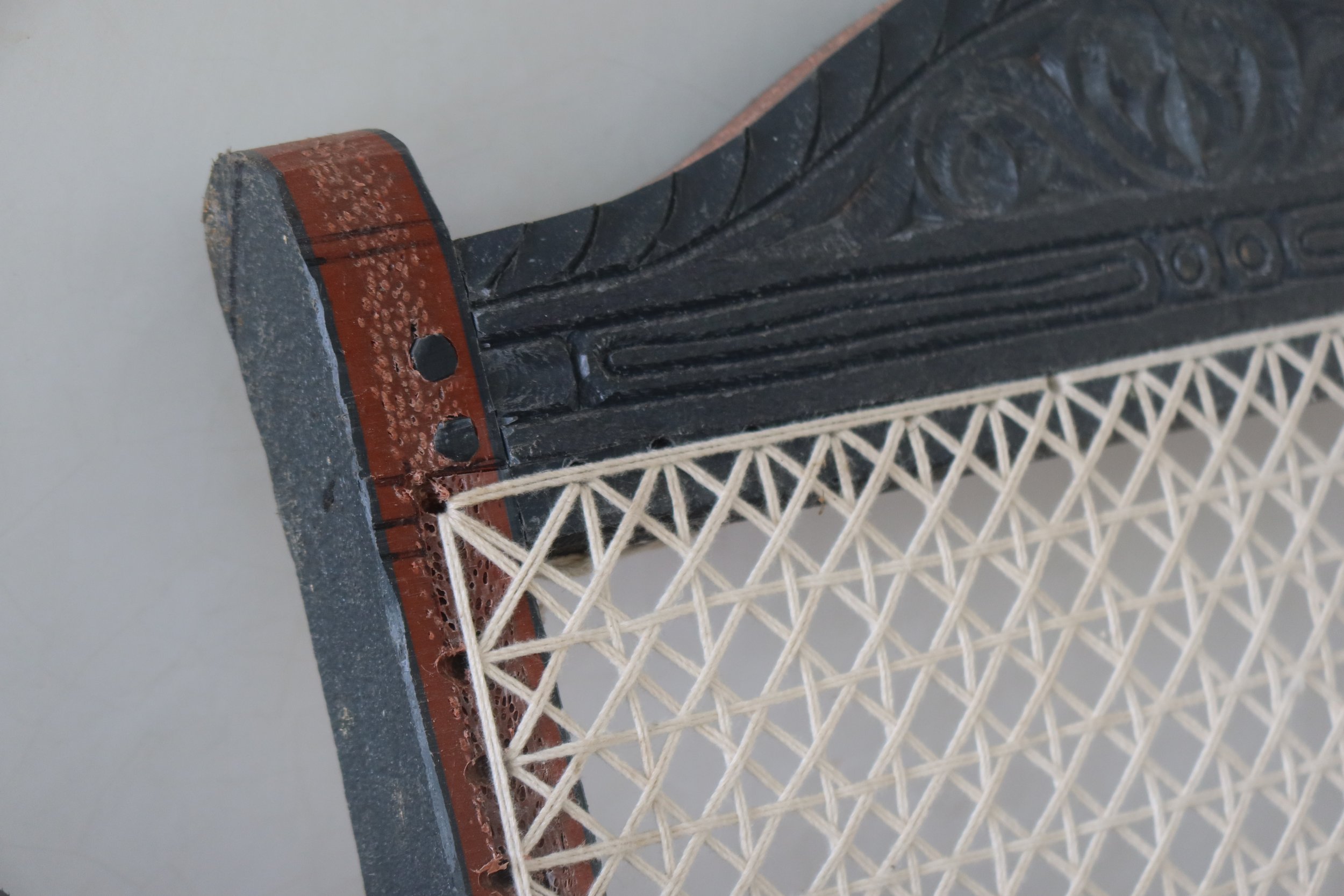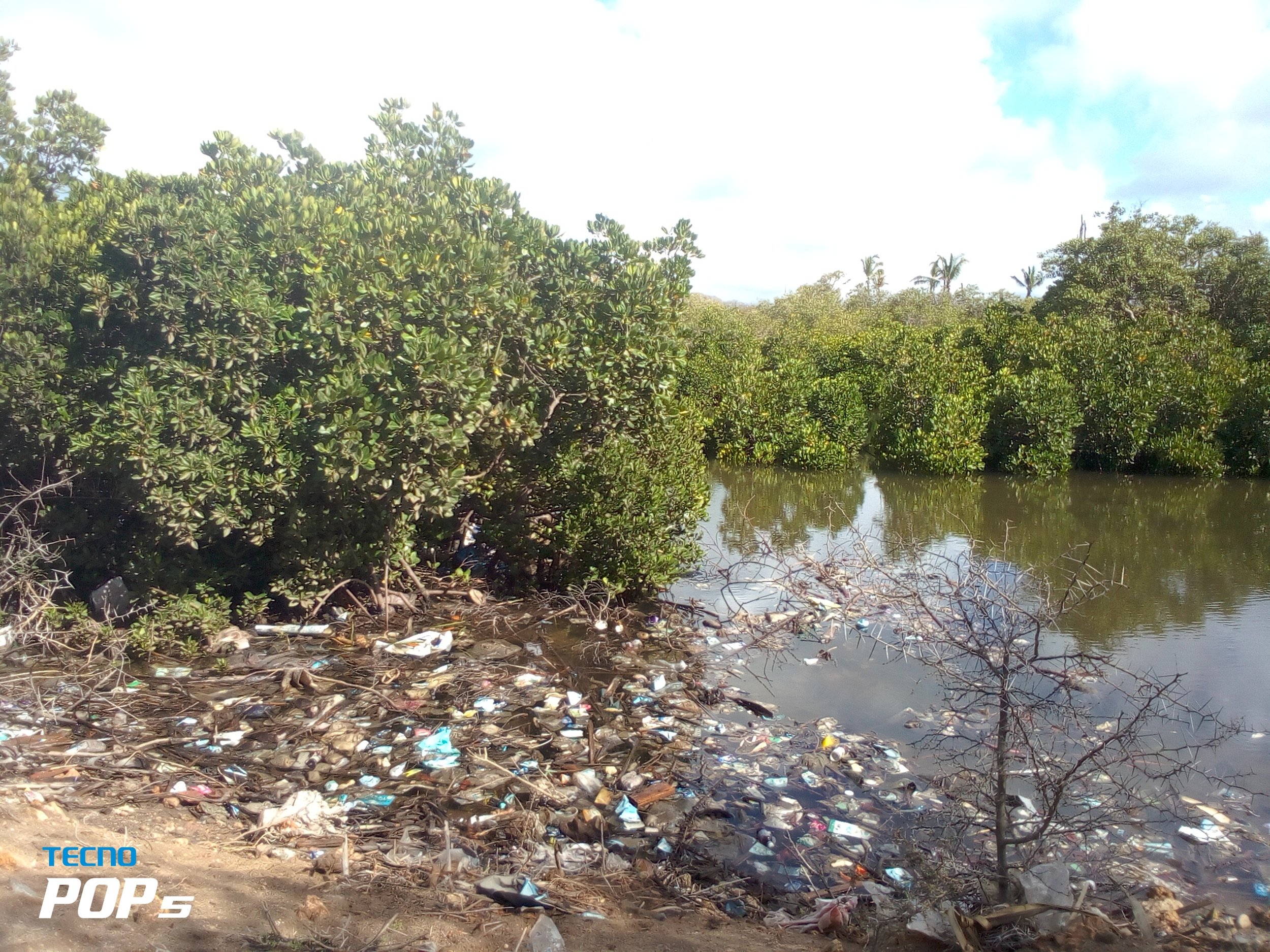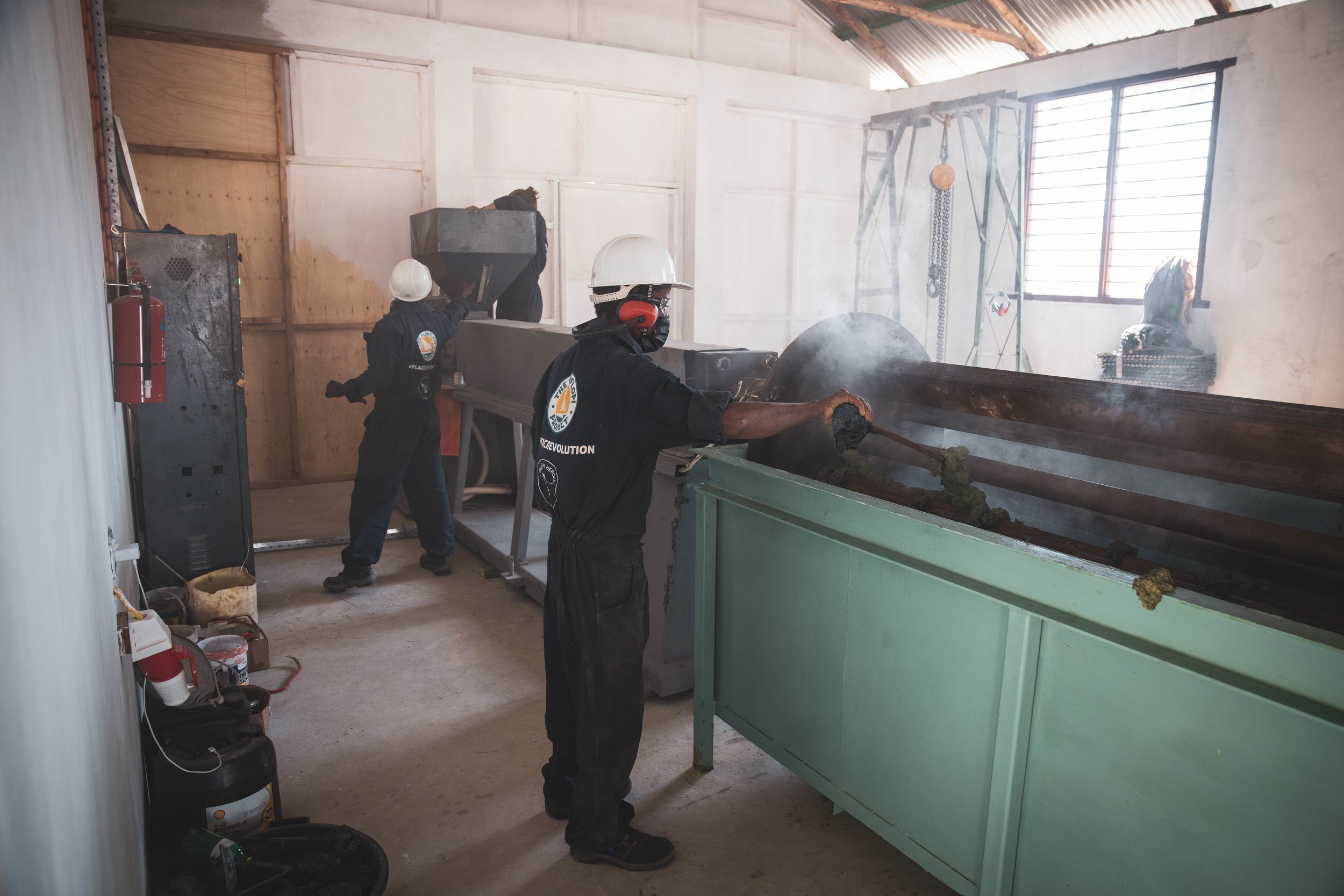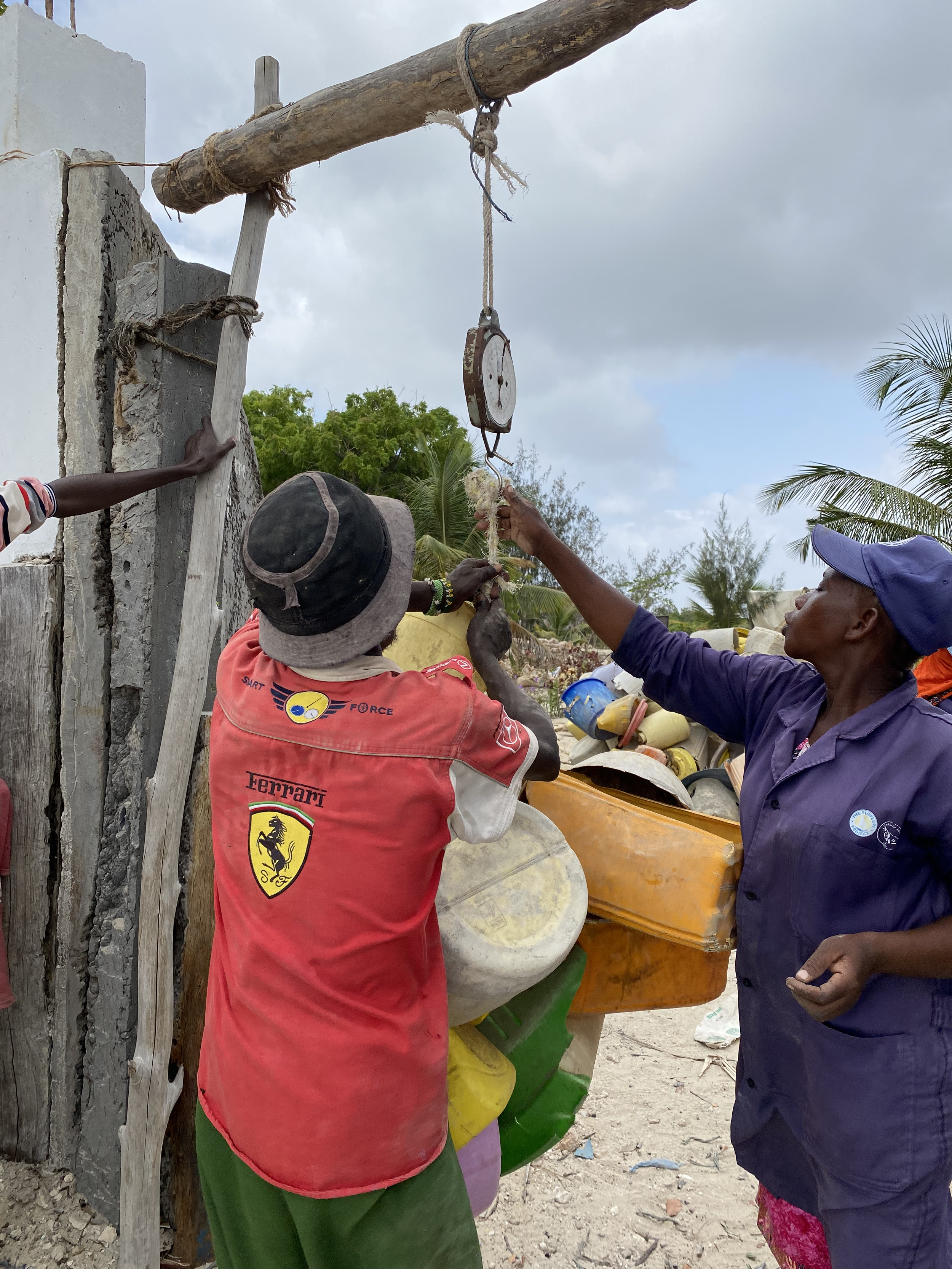Mid-year update: Why our full-systems approach is needed now more than ever
It’s mid-year already, and we’ve had the chance to take stock of our 2023 to-date, and what’s ahead for the rest of the year.
As we write this blog, the much-anticipated INC* talks to agree on a global plastics treaty have just finished. These were talks that were ‘marked by accusations of exclusion and industrial lobbying’ according to The Guardian, ending in a decision to start to draft a treaty, albeit postponing a key decision about whether states should be able to veto power over future measures.
“If all the plastic waste generated in 2020 could be melted down, it could pave a road 30 feet wide and more than two inches thick all the way to the moon”
According to Dr. Jenna Jambeck, an internationally recognized expert on plastic waste
This is the most alarming fact we have read for a long time. With the international community still ‘just talking’ and torn over consensus, it has never been more important for our region and nations in East Africa to take leadership and action on the issue of plastic pollution.
So what can we do about it?
This year we have seen time and time again how important it is for us to relentlessly pursue our ‘full systems’ strategy of educating (all stakeholders to reduce consumption), innovating (with plastics recycling & heritage boatbuilding), and influencing (campaigning to ban unnecessary single-use plastics).
“We need to change the conversation. We cannot talk just about recycling without discussing the need to reduce our production and consumption of plastics.”
Influence: Calling for a regional ban of unnecessary single-use plastics (SUPs)
Our advocacy/influence pillar has become so critical to our strategy, which is why we are searching for new dedicated funding to follow up to our successful partnership with ALN and UNCTAD, where we brought together 22 Members of Parliament from all 7 EAC nations to discuss regional solutions and the draft bill calling for an elimination of certain unnecessary SUPs.
This workshop has generated momentum with these inspiring parliamentarians, who are building their case towards adoption of the SUP bill, and who unanimously agreed that taking a regional legislative approach is essential to tackling plastic pollution. Read the report here.
“This workshop will be useful for the legislative agenda of the EAC region to harmoniously address the issue of SUPs. Along with the current climate change bill we now intend to move a motion to bring a SUP bill for the East African community”
HON. JACQUELINE AMONGIN - UGANDAN MP, EALA REPRESENTATIVE
Educate: Artivism and heritage driving engagement in our communities
Our education pillar has been primarily driven by the programme in Lamu and by our partners around East Africa together with the heritage boat building training centre where we provide a critical skills and knowledge base for a new generation in better waste management and practical circular economy principles. Community Outreach and Heritage Training centre in Lamu, Kenya:
We entered phase 3 of the UKAID SMEP programme in March, so have expanded community-collections and outreach around the Lamu archipelago of ~140,000. Every month, we on-board more communities, and aim to build new transit stations on the more distant islands and, eventually, household waste collections.
We have now had 2 intakes into the heritage boatbuilding training centre, and the course has been accredited and integrated by the Lamu polytechnic college. Thanks to support from the Embassy of Portugal in Kenya, we have our next ten students from Lamu Polytechnic ready to join in July , a big step towards eventually becoming a trainer of trainers institute in this first-of-its-kind practical circular economy curriculum.
World Environment Day around East Africa
We are proud of our artist roots, and love to see the work being done by our partners, Plastik Talks in Kampala, Uganda, and EMEDO in Mwanza, Tanzania . On world environment day this month, Plastik talks, ran a weekend of art-based workshops and performances engaging hundreds in their community while EMEDO hosted a neighbourhood clean up and community dialogue to share skills and knowledge on how they can improve waste management in their neighbourhood.
Meanwhile in Lamu, we were honoured to receive his excellency the Governor of Lamu County, to officially grace our facility as the opening event for World Environment Day in Lamu County. We joined forces with NEMA, Lamu County and other key stakeholders and went on to participate in a massive clean up at Mokowe on the mainland and no world environment day would be complete in Kenya without planting lots of trees. Various schools presented poems focusing on the harms of plastic pollution and we were able to explain in detail what we are doing to tackle plastic pollution and how everyone has a role to play in. Our gratitude is extended to Lamu County and NEMA.
In January, we supported Dunga Hill to take their music-messages to their communities, with a music video of band Loko performing their hit ‘Plastiki’. This year we also launched our first children’s book which you can order here.
Innovate: Stepping-up plastics recycling and artisanal furniture and boatbuilding
In March we started phase 3 of the UKAID Sustainable Manufacturing and Environmental Pollution (SMEP) Programme to improve our recycling production, product development and maintain the waste-collection network around the islands.
Tremendous progress has been made in the development of artisanal furniture and boats, and we are learning more about what types of plastic work best for each product line
In just twelve months we have recovered >161 tonnes with over 22 tonnes processed into high-quality plastic lumber and >26 tonnes of PET crushed into flakes for onward recycling (that's the equivalent of 780 thousand plastic bottles!)
We launched 2 new boats, our latest boat, a taxi dhow made from ~ 900kg of post-consumer HDPE plastics collected by the community and the Dau la Mwao
Flipflopi Ndogo undergoing repairs to get her sea-worthy again, in time for a new expedition in 2024!
Created over 30 new new furniture items at exhibited at various expos including Kenya Loop Forum, East African Waste is Wealth Conference, WCEF Studio, Nairobi Design Week and more.
It’s been exciting producing the new furniture and boats, but the complex processes have just highlighted how problematic some plastics are. A large percentage of plastic collected are PET (plastic bottles, which we have to send to the mainland) and gurnias (commonplace sacks) which are very challenging and costly to recycle, while the ‘better’ plastics like HDPE and PP are compromised due to the amount of additives. .
Our goal now is to ensure we find the funding so that we can research and develop high quality products from waste plastic collected on our archipelago, and create a real zero-waste island in the future. But recycling is not the sole solution - we need to eliminate this pollution once and for all and its going to take a full systems approach to effectively do this.
What’s next for the second half of 2023?
July marks a pivotal point for The Flipflopi with 2 new partnerships in addition to SMEP that are supporting our expansion strategy.
Expanding Lamu collection & recycling programme: SMEP Phase 3 means we continue community-collections, recycling and product development while improving our processes. We are also applying for new grants to scale up the programme with ambitions to create a ‘zero-waste community’ and aim to start a household waste management programme this year
Supporting mangrove restoration and programme expansion in Siyu, Lamu: We received our first grant from the private sector in May, with shipping company CMA CGM. It’s an exciting step for Flipflopi since we are now looking into mangrove restoration resulting from plastic pollution reduction in a highly remote area where there is barely any waste management infrastructure. This is an exciting pilot programme to look at how we bring even the remotest areas into a zero-waste programme and combine pollution reduction with carbon sequestration.
Extending heritage boatbuilding training courses: We also received a grant from the Portuguese embassy to run a series of further training courses this year - with more students learning practical circular economy and boatbuilding skills, we hope to soon be the go-to training institute that we can take to many other remote island communities around the world.
